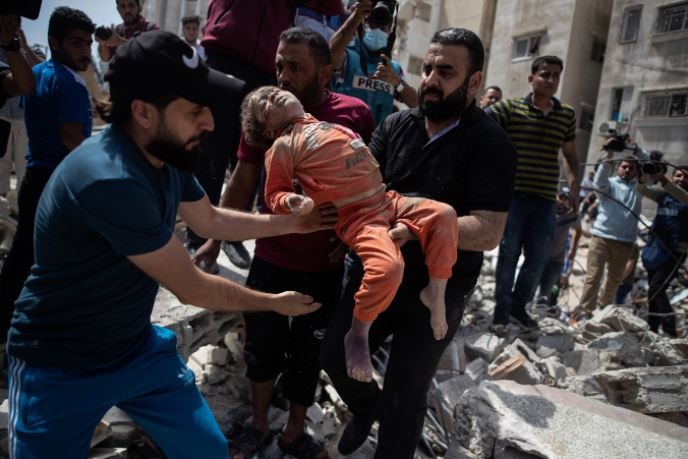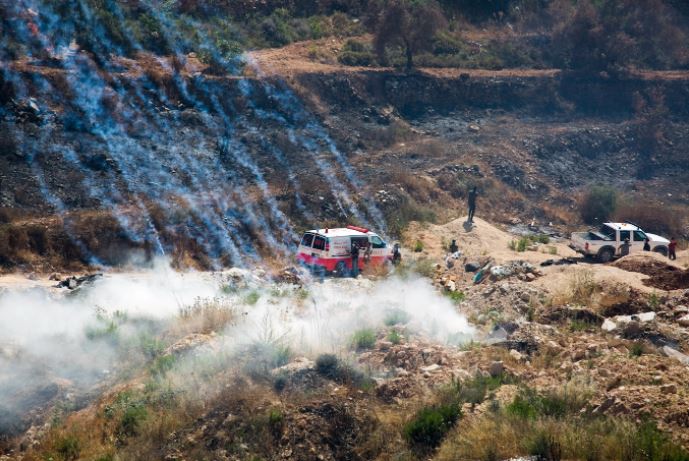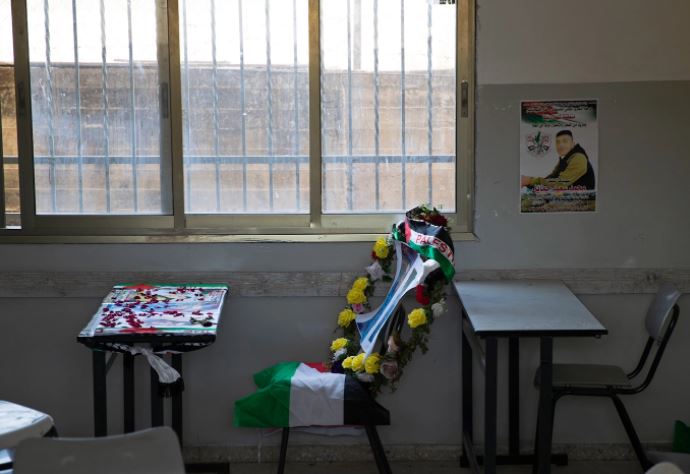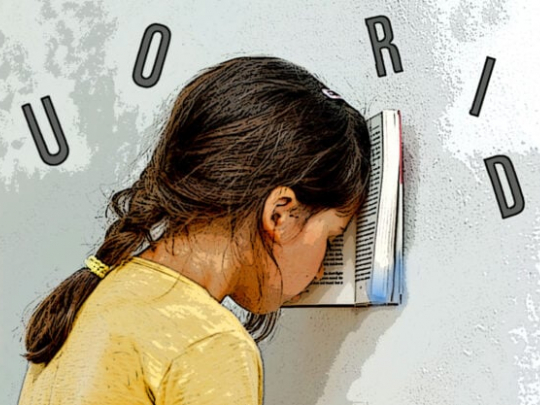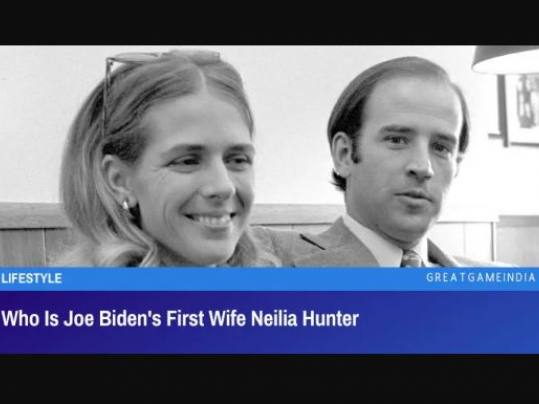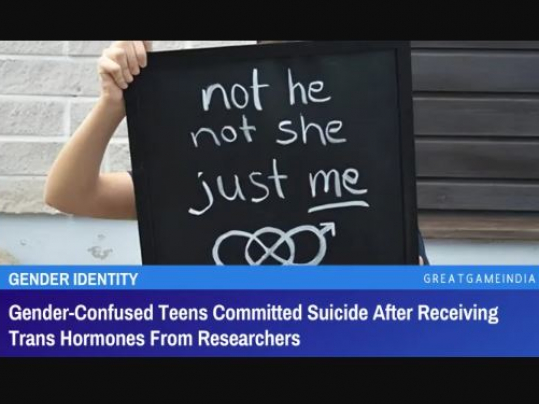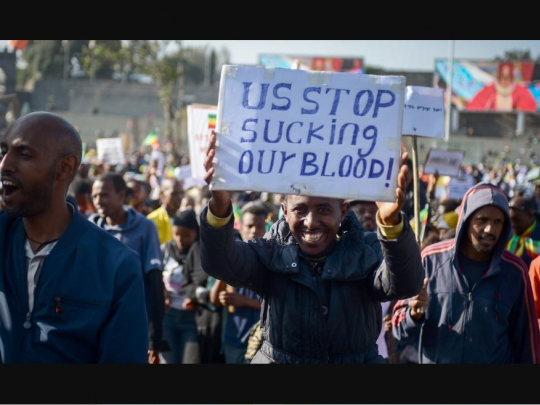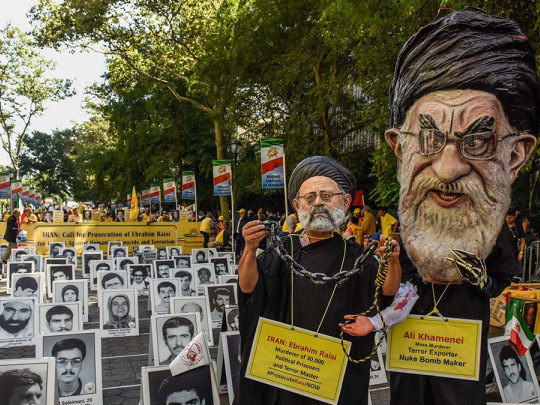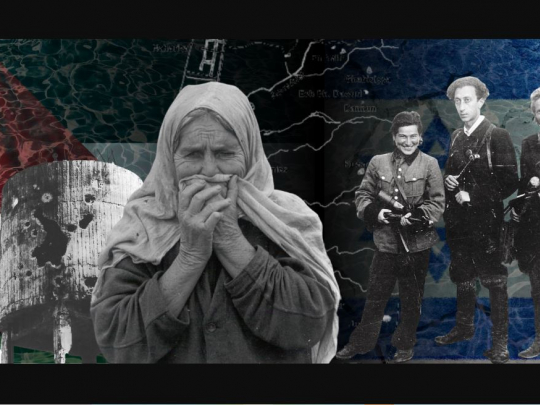Israeli State Violence Intensifying as 2021 Proves Deadliest for Palestinians Since 2014
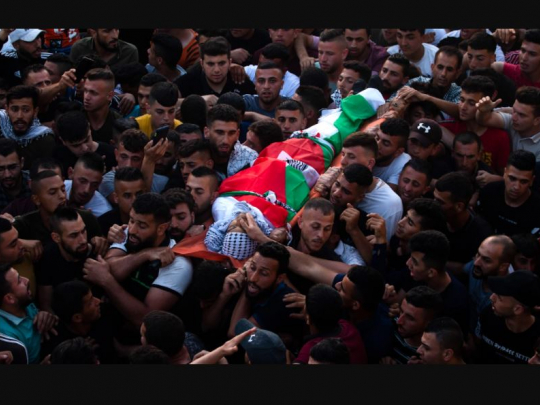
On December 10, Jamil Abu Ayyash, 31, was shot in the head by Israeli soldiers during anti-settlement demonstrations in Beita, a village south of Nablus in the Occupied West Bank. Abu Ayyash succumbed to his injuries.
Three days later, the Israeli army fatally shot Jamil al-Kayyal, also 31, in the head during an early-morning raid in Nablus.
And the beginning of December was marked by two other killings within two days of each other. On December 4, Israeli Border Police shot and killed Mohammed Shawkat Salameh, 23, after he stabbed an Israeli man at Damascus Gate. And on December 6, Israeli security guards fatally shot 16-year-old Mohammad Nidal Younis after he rammed his car into the Kafriat military checkpoint in the West Bank.
The latest string of killings by Israeli forces follows the same predictable pattern of Israeli state violence against Palestinians, but with one significant distinction. Israel’s violence is intensifying, as 2021 is proving to be the deadliest for Palestinians since 2014.
Israeli forces escalating violence
In its latest Protection of Civilians report, the United Nations Office for the Coordination of Humanitarian Affairs (OCHA) said that more than 70 Palestinians have been killed by Israeli forces in the West Bank and Occupied East Jerusalem this year. This figure stands in stark contrast to previous years. In 2020, 24 Palestinians were killed in the West Bank and in 2019, 27 were killed.
“Concerns about excessive use of force by Israeli soldiers resulting in the killing or serious injury of Palestinians, as well as lack of accountability for such violations of international law, remain,” OCHA wrote in its 2022 Humanitarian Needs Overview for the Occupied Palestinian Territories (oPT). “In 2021, over 1,000 have been injured by live ammunition.”
The U.N. Office of the High Commissioner for Human Rights (OHCHR) also raised concerns over the shooting death of Salameh at Damascus Gate earlier this month, calling it an “apparent extra-judicial execution.” In a Facebook post, OHCHR questioned:
Extra-judicial killings such as this are the consequence of the regular resort to lethal force by well-armed and well-protected Israeli security personnel against Palestinians, and the almost total lack of accountability for killings and injuries of Palestinians by Israeli forces. Will there be accountability in this case?
By way of answer, Israel’s Justice Ministry closed the probe into the two Border Police officers who killed Salameh on December 9 – accepting the officers’ testimonies that they acted in self-defense.
Men carry a dead child killed in an Israeli airstrike on a residential building in Gaza, May 16, 2021. Khalil Hamra | AP
In Gaza, civilian casualties are just as alarming.
A study by Airwars, a non-profit tracking civilian harm, revealed Israeli strikes on Gaza killed up to ten times more civilians during its 11-day assault in May than had its eight-year bombing campaign against Iranian-linked forces in Syria. The researchers found Israeli airstrikes killed between 151 and 192 civilians in Gaza, a third of whom were children.
The Israeli army often justified its military actions in Gaza as targeting militants. But Airwars found that in over 80% of attacks against civilians, no Hamas member was reported injured or killed.
According to U.N. data, 2021 has seen the most Palestinian casualties since 2014, when Israel launched a war against Gaza known as Operation Protective Edge. In 2021 to date, 342 Palestinians have been killed by Israel across Palestine.
In Beita, Palestinian resistance meets Israeli bullets
This year’s Israeli state violence stems mostly from the Israeli assault on Gaza in May and the ongoing anti-colonization protests in Beita.
Abu Ayyash was the ninth Palestinian to be killed since May by Israeli soldiers during the weekly demonstrations. The Palestinian Centre for Human Rights (PCHR) asserted excessive force was used in Abu Ayyash’s death, writing in a press release that the Israeli army “directly targeted the Palestinian civilian in the head.” In its statement, PCHR detailed that an eyewitness said to PCHR’s fieldworker that:
An Israeli soldier fired 2 bullets from 40 to 50 meters [130-160 feet] on the top of the Mount; one of the bullets was in the air while the other hit Jamil Abu Ayyash, who was in front of the soldier trying to turn back and fled away. Meanwhile, Abu Ayyash did not pose any imminent threat to the soldiers’ lives. Abu Ayyash was shot in the back of the head and fell on the ground.”
PCHR reiterated:
These crimes reflect the excessive use of force in circumstances where there was no imminent threat to the soldiers’ lives and prove IOF [Israel Occupation Forces] lenient shooting standards against the Palestinian civilians.
Beita’s deputy mayor, Mousa Hamayel, described the protests against the establishment of Evyatar outpost as “peaceful marches.”
“We haven’t used any kind of weapon against settlers. All that happens on the mountain is peaceful, popular resistance,” Mousa told MintPress News. “Just burning tires and using some torches and lights,” Mousa explained, referring to the night-confusion method of protesting. This form of demonstration incorporates sound and light to disturb the nearby settlers. “Because Israel is convinced of the importance of this outpost for the Israeli side, they use violence,” Mousa added.
Teargas launched by Israeli forces targets an ambulance during a protest in the West Bank, June 4, 2021. Photo | Activestills
The Israeli Army has tried suppressing the protests with tear gas and rubber-coated steel bullets, which Mousa said are being aimed at the upper-body parts of the protesters, including their heads. The U.N.’s Chemical Weapons Convention in 1993 banned the use of riot control agents like tear gas in warfare. And 2018 Geneva Guidelines stipulate rubber-coated steel bullets should be fired toward the lower parts of the body and not aimed at the head. All nine Palestinians killed in Beita this year were shot with live fire either in their head, chest, or abdomen. The Israeli army did not respond to requests for comment on its use of rubber-coated steel bullets against Beita residents.
Mousa fears the Israeli Army’s violence against Palestinians in Beita will get worse. “Actually, what is more obvious is that in the last week [Israeli soldiers] are invading the town more and more,” he said. “After seven months of peaceful protest, they’re using more violence against people here.” Ten were injured – with five protesters hit with rubber-coated steel bullets – during last Friday’s protest, according to the Palestinian Red Crescent Society, a humanitarian assistance organization.
Mousa described how Israeli forces aren’t just shooting Palestinians in their violence against Beita. According to Mousa, the Israeli Army is destroying roads, blocking water access, damaging water infrastructure, and closing entrances to street markets and roads.
In addition to protesters being killed, Beita has also seen individuals uninvolved in the demonstrations killed. In one such instance, plumber and water affairs consultant Shadi Omar Lufti Slaeem was killed on July 27 near the Beita main entrance while he was fixing the town’s water valves.
A deadly year for Palestinian children
Documentation from non-governmental organization Defense for Children International – Palestine (DCIP) reported “86 Palestinian children have been killed in the Occupied Palestinian Territory since January, making 2021 the deadliest year on record for Palestinian children since 2014.”
According to DCIP, Israeli forces killed 76 Palestinian children – 61 in Gaza and 15 in the West Bank and East Jerusalem. Israeli forces killed 17 Palestinian children using live ammunition in 2021, with at least nine fatally shot during demonstrations or clashes. In its press release, DCIP wrote:
Under international law, intentional lethal force is only justified in circumstances where a direct threat to life or of serious injury is present. However, investigations and evidence collected by DCIP suggest that Israeli forces use lethal force against Palestinian children in circumstances that may amount to extrajudicial or willful killings.
??Ayed Abu Eqtaish, accountability program director at DCIP, added:
The international community’s lack of political will to hold Israeli officials accountable guarantees that Israeli soldiers will continue to unlawfully kill Palestinian children with impunity.”
A poster of Mohammad Hamayel, and a memorial wreath adorn his classroom in the village of Beita, June 14, 2021. Majdi Mohammed | AP
Saeed Hamayel understands the pain of losing a child. The father of five lost his firstborn, Mohammad Saeed Hamayel, on June 11 when Israeli soldiers shot the 16-year-old in the chest during protests in Beita. Said described how the single bullet that hit Mohammad caused damage to his heart and lungs, fractured parts of his rib cage, and created a three-inch hole in his body. “They shot him with live fire in order to kill him,” Saeed said. “It was an intentional killing.”
Saeed said the Israeli Army never gave an explanation for his son’s killing. The Israeli Army did not respond to MintPress’ request for comment on minors killed during the Beita protests.
Life has become unbearable for Saeed since his son’s death. He left his job because he was too depressed to work. He now has a full beard and his once black hair has turned mostly gray and white. “The bullet that killed our child didn’t just kill him alone,” Saeed said. “It killed the whole family.”
He described his home as a hellish place filled with hopelessness and despair. “You can’t live in our home because of the memories. We see Mohammad in every place in our home, in every corner,” Saeed said. “We lost his smile. We lost his laugh. We lost his existence.”
As Saeed talked about his son, a tear rolled down from the corner of his eye. Losing Mohammad, he explained, meant losing his son’s dreams and ambitions and therefore losing the family’s future.
He described his son as an excellent student who hoped to study international law like his mother. When his father asked him why international law, Saeed recalled that Mohammad gave this reason:
Because I know that our children in Palestine are really suffering from the existence of the occupation. This is our duty to defend the rights of our people. This is the duty of every human in the world to defend the rights of any oppressed people all over the world.”
- Source : Jessica Buxbaum - MintPress News




